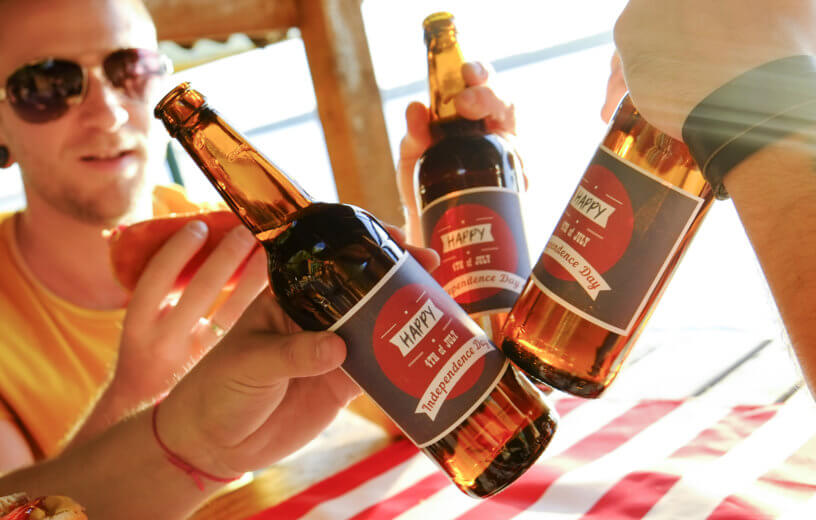PISCATAWAY, N. J. — National holidays like the Fourth of July mean fun-filled celebrations for millions across the country that often involve plenty of alcohol. And while drinkers typically don’t expect to impact anyone but themselves when it comes to booze, a new study out of Rutgers University finds that a staggering amount of people are harmed annually by someone else’s drinking,
Alcohol isn’t healthy, plain and simple. It isn’t just that embarrassing text or awful hangover the next morning either: the negative health effects of drinking, both mentally and physically, are easy to find for those interested. The researchers point to another alarming result of alcohol consumption: every year, one in five U.S. adults are negatively impacted by another person’s actions while intoxicated. That is an estimated 53 million people, or 23% of all U.S. men and 21% of all U.S. women. The study’s authors even went so far as to call alcohol’s harm on others “a significant public health issue.”
Researchers, funded by the National Institute on Alcohol Abuse and Alcoholism, analyzed data collected on 8,750 participants aged 18 or older during two 2015 phone surveys.
“Harm” was classified as threats / harassment, property damage, vandalism, physical aggression, injuries related to driving, and financial or family problems. In total, 16% of respondents reported experiencing threats or harassment, making it the most common form of harm. The types of harm experienced also differed by gender, with women more likely to report family or monetary problems, and men more likely to experience physical aggression, damaged property, or vandalism.
Women are also more likely to be harmed by members of their own household, oftentimes men, while men are more likely to be harmed by drinkers outside of their household or family.
Age and individual drinking habits also play a role, according to the study. Individuals under the age of 25 are more likely to be harmed by another person’s drinking, and nearly half of all respondents who admitted to being heavy drinkers themselves said they had been harmed by someone else’s drunk actions. Even casual drinkers are two to three times more likely to deal with threats or driving-related harm compared to people who don’t drink at all.
“The freedom to drink alcohol must be counter-balanced by the freedom from being afflicted by others’ drinking in ways manifested by homicide, alcohol-related sexual assault, car crashes, domestic abuse, lost household wages, and child neglect,” explains Dr. Timothy Naimi, of the Boston Medical Center, in a media release.
Naimi believes that increased taxes on alcohol can significantly decrease binge and excessive drinking and subsequently reduce the rate of alcohol-related harmful incidents.
Madhabika B. Nayak, the study’s lead author, agrees with Dr. Naimi’s sentiments. “Control policies, such as alcohol pricing, taxation, reduced availability, and restricting advertising, may be the most effective ways to reduce not only alcohol consumption but also alcohol’s harm to persons other than the drinker,” Nayak says.
The study is published in the Journal of Studies on Alcohol and Drugs.
